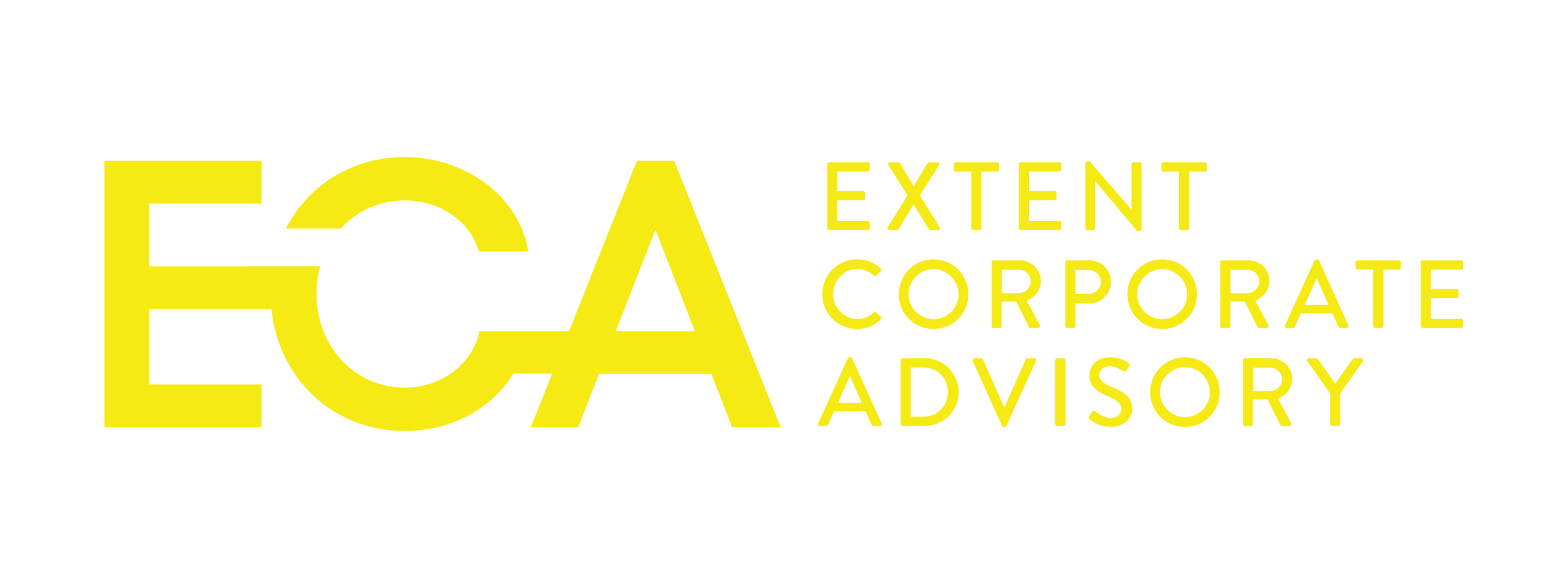The Decision:
Extent Corporate Advisory successfully represented Colgate-Palmolive Company before the Chief Inspector’s Hearing Committee, which found that 1,150 cartons of toothbrushes branded DOCTOR GOOD and FRESH DOCTOR had infringed the registered COLGATE DOUBLE ACTION trademark. The Committee held that the imitation was likely to confuse consumers and dilute the distinctiveness of the Colgate brand.
Background of Consolidated Claims 3, 5, 6, and 7 of 2025:
In January 2025, Colgate-Palmolive Company lodged a complaint with the Fair Competition Commission (FCC) alleging that toothbrushes branded DOCTOR GOOD and FRESH DOCTOR infringed its registered COLGATE DOUBLE ACTION trademark. Following the complaint, the FCC seized 1,150 cartons of the infringing toothbrushes.
The matter proceeded before the Chief Inspector’s Hearing Committee as consolidated claims, after the respondents contested the allegation of infringement.
The Dispute:
The main issues before the Chief Inspector’s Hearing Committee:
- Whether “Fresh Doctor’ and “Doctor Good” are counterfeit
- Whether the Claimants are the registered proprietors of the “Doctor Good” and “Fresh Doctor” trademarks.
Findings: Ownership in Infringement Cases:
The Committee emphasized that only the owner or registered proprietor of a trade or service mark may institute infringement proceedings.
The claimant must show exclusive right to use the registered mark to sustain a case.
In Tanzania, a sealed certificate issued by the Registrar of Trade and Service Marks serves as conclusive proof of proprietorship.
Findings: Are the Seized Goods Counterfeit?
To establish counterfeiting and infringement, two elements must be proven:
- Title and exclusive right: the claimant must prove ownership and exclusive rights over the registered trademark.
- Likelihood of confusion: the infringer must have made identical, deceptively similar, or colourable imitations likely to confuse or deceive consumers.
The Committee found strong similarities between the seized goods and the Colgate Double Action toothbrushes, including:
- Colour schemes,
- Placement of features on the packaging, and
- Overall get-up and presentation of the products.
The Chief Inspector’s Hearing Committee decided that these similarities were not coincidental but deliberately designed to imitate Colgate’s distinctive packaging and branding.
Practical Lessons:
- Counterfeit Defined by Infringement: Goods are deemed counterfeit if they infringe a registered mark through identical, deceptively similar, or confusingly close imitations.
- Consumer Confusion Standard: The test for infringement considers whether similarities (colour, packaging, get-up) are likely to deceive or confuse the public.
- Protection of Distinctiveness: Copying that dilutes the distinctiveness of a well-established brand will not be tolerated.
- Enforcement in Practice: The FCC and the Chief Inspector’s Hearing Committee actively enforce trademark rights, including seizure and detention of infringing goods.



